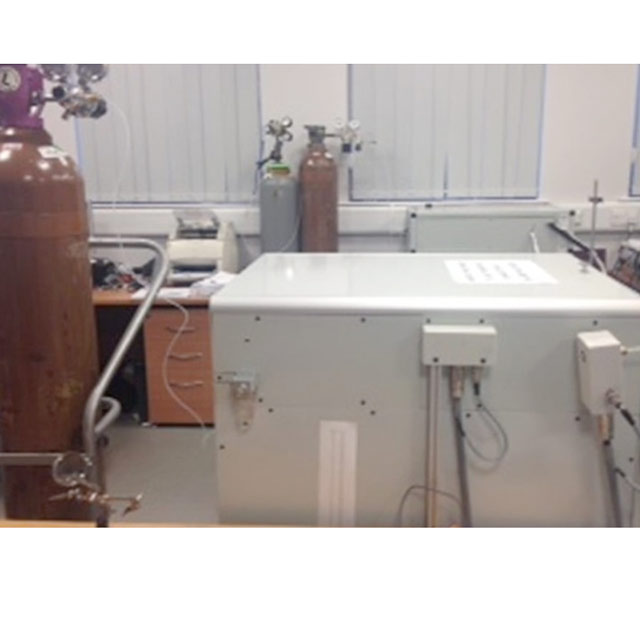The Keele cancer group
The Keele cancer group encompasses research extending through the whole drug development process. This includes the identification of new drugs, drug delivery, translational research to identify potential new drug targets and clinical drug candidates, and biomarkers discovery and clinical research. In addition to a wealth of academic research experience, our principal investigators include some who have worked in the pharmaceutical industry or in hospitals providing clinical care to cancer patients, offering an experienced translational cancer research environment.
Chemistry and modelling
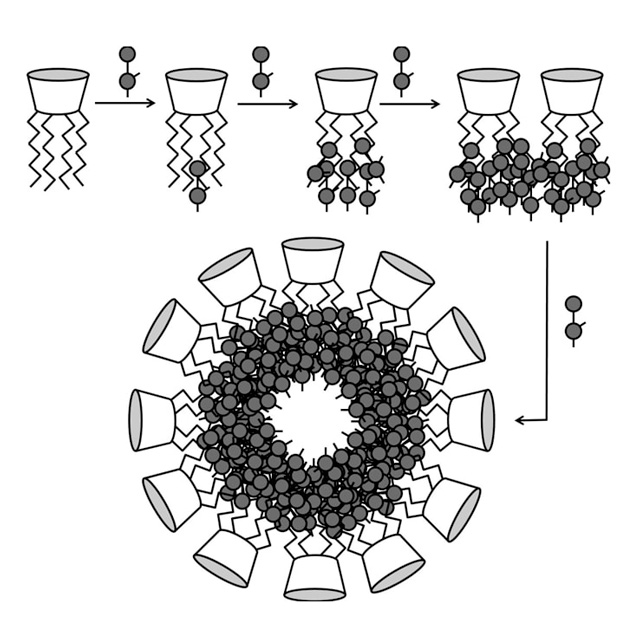
Dr Anthony Curtis
Anthony's research interests lie at the interface between the physical and life sciences, with a focus on the synthesis of molecules with biological or medicinal significance. This includes the design and synthesis of novel chemotherapeutic agents and prodrugs for the treatment of pancreatic and ovarian cancer.
Read more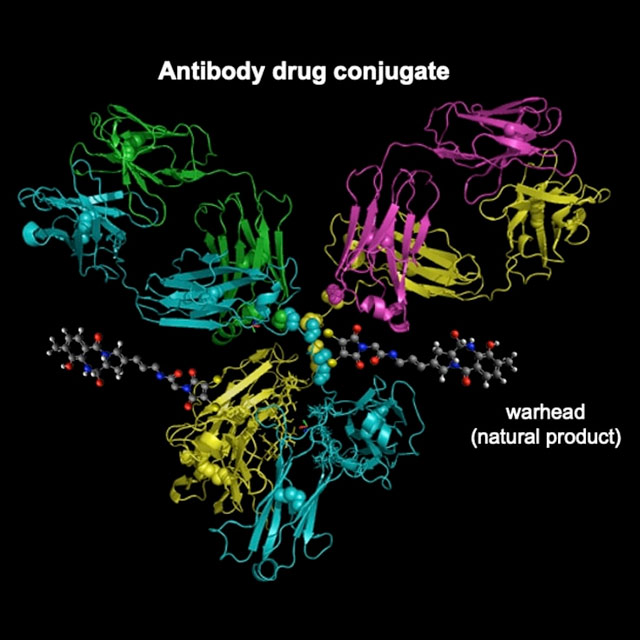
Dr Wen-Wu Li
Wen-Wu’s group focus on the discovery of natural products and targeted delivery via conjugation with a therapeutic antibody for the treatment of cancer. Antibody-drug conjugates (ADCs) comprise a monoclonal antibody (mAb), a linker and a cytotoxic agent (“warhead”).
Read more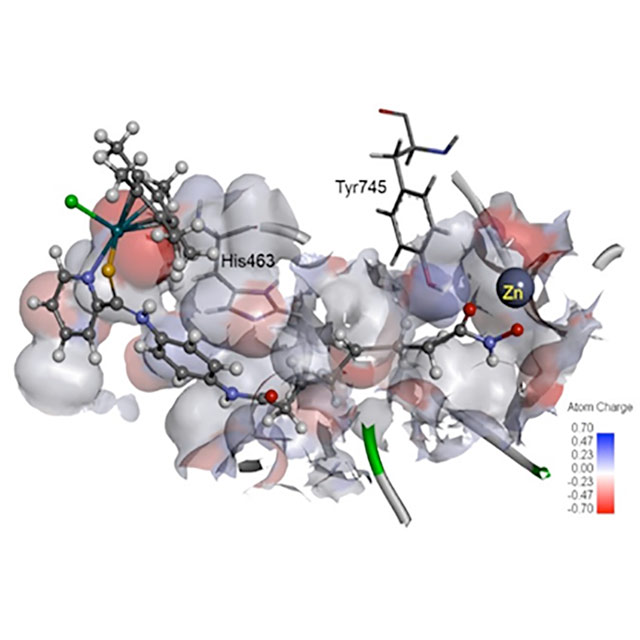
Dr Jóhannes Reynisson
Jóhannes’s research interests lie within the field of drug discovery with a focus on computer-aided drug design (CADD). The methods applied are molecular modelling, structure-based virtual screening and density functional theory (DFT). He invented the concept of Known Drug Space, which can be used to navigate chemical space for quality drug candidates.
Read moreDrug delivery
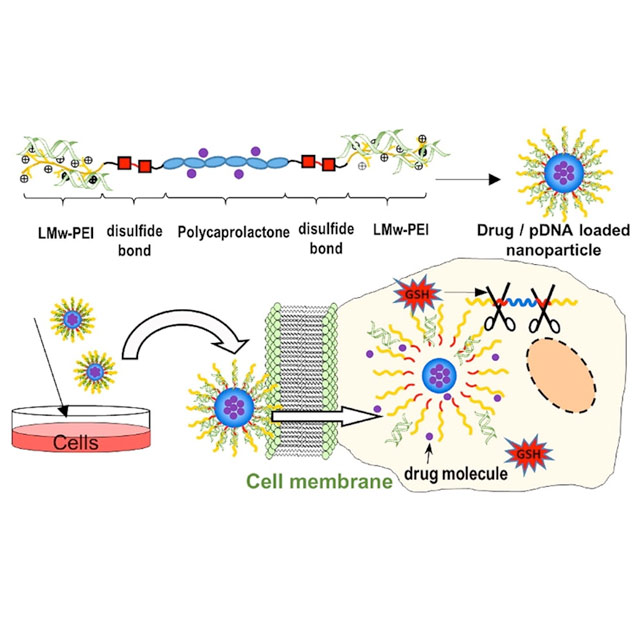
Dr Pooya Davoodi
The design and fabrication of novel drug delivery systems using smart biomaterials have led to considerable advancements in medicine through interdisciplinary collaborations between chemists, biologists, clinicians, and engineers.
Read more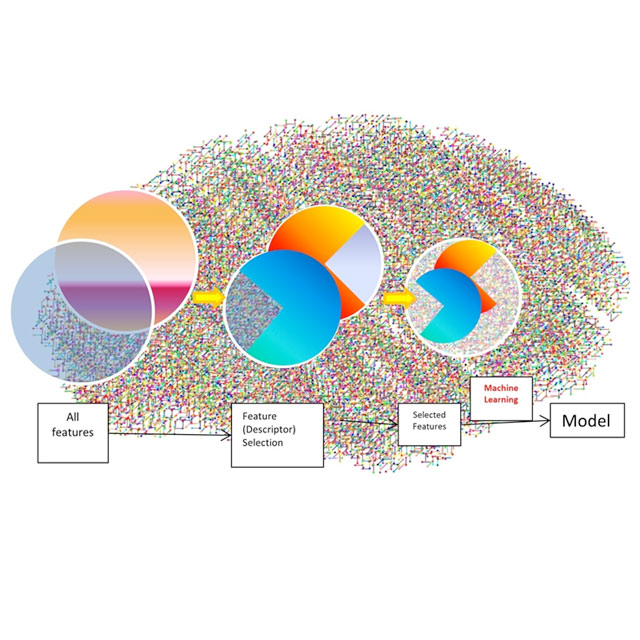
Dr Gary Patrick Moss
Gary’s research interests are primarily in the field of percutaneous absorption. His research is currently focused on the development of Machine Learning / AI models of drug permeation into the skin, and also on the development of similar models for ocular permeability.
Read more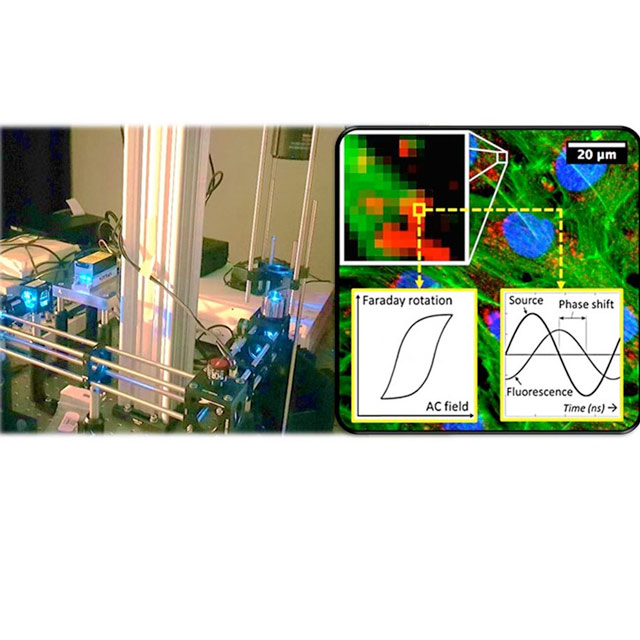
Professor Neil Telling
Neil explores nanotechnology for potential cancer therapy applications. High frequency alternating magnetic fields stimulate magnetic nanoparticles that are internalised within cancer cells. This creates heat which is released into the surrounding cells causing apoptosis.
Read moreTarget and drug discovery
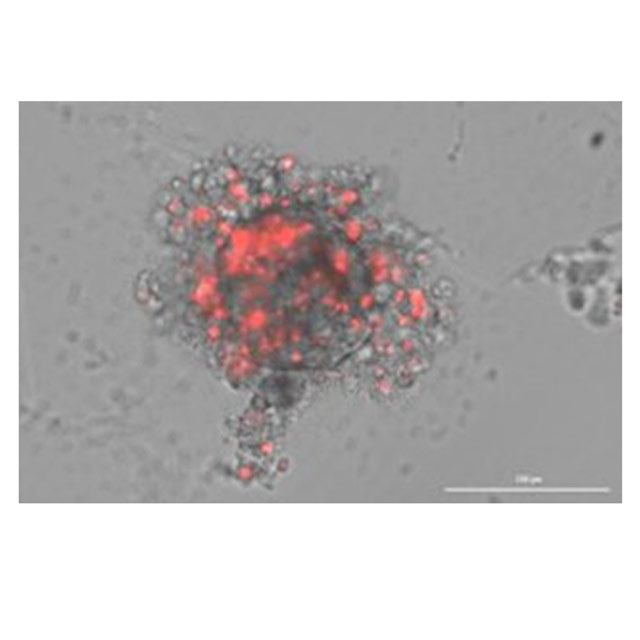
Dr Gianpiero Di Leva
The laboratory led by Dr Gianpiero Di Leva is interested in understanding how transcriptional signalling and noncoding RNAs crosstalk to shape the aggressive behaviour of cancer cells.
Read more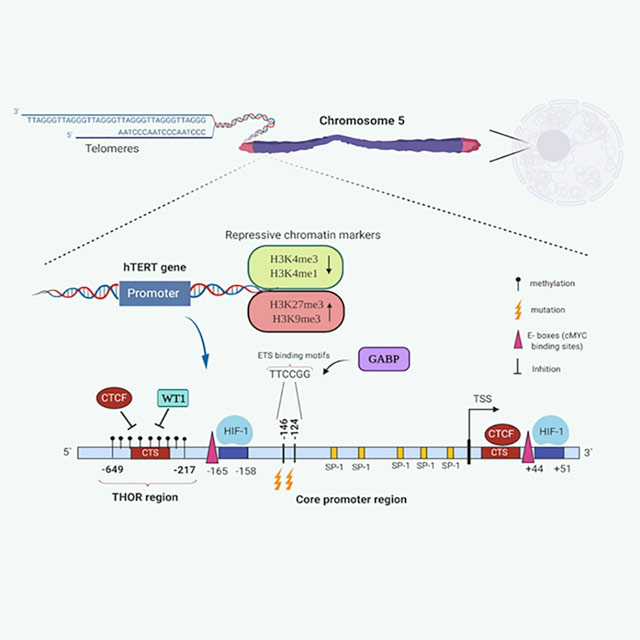
Professor Nicholas Forsyth
Research within Nick’s group is multidisciplinary in nature spanning stem, somatic, and cancer cell biology. We integrate materials to omics approaches to determine roles and responses to physiological cues and their impact across a range of cell culture models.
Read more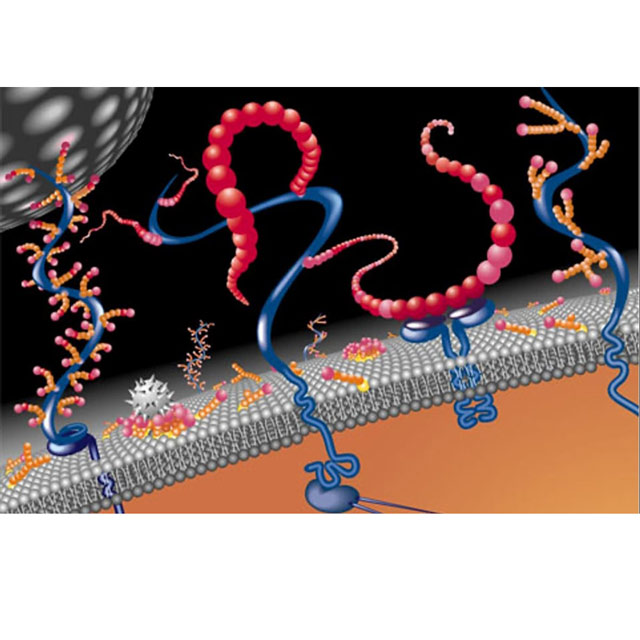
Dr Scott Guimond
Heparin and its derivatives are the most widely used anticoagulant drug in the world. But heparin can also change the activity of many proteins, many involved in cancer progression and metastasis.
Read more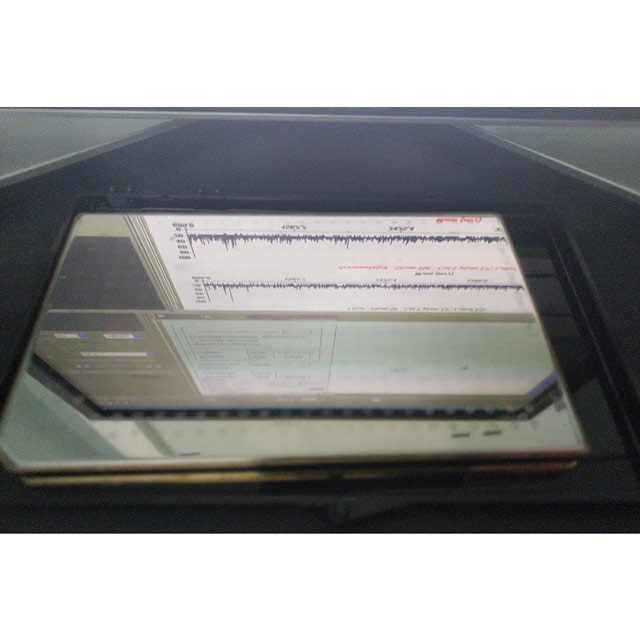
Dr Sarah R Hart
Sarah’s work is focused on finding analytical solutions to biological problems. Her group is interested in proteomics approaches to investigating various biological phenomena and diseases.
Read more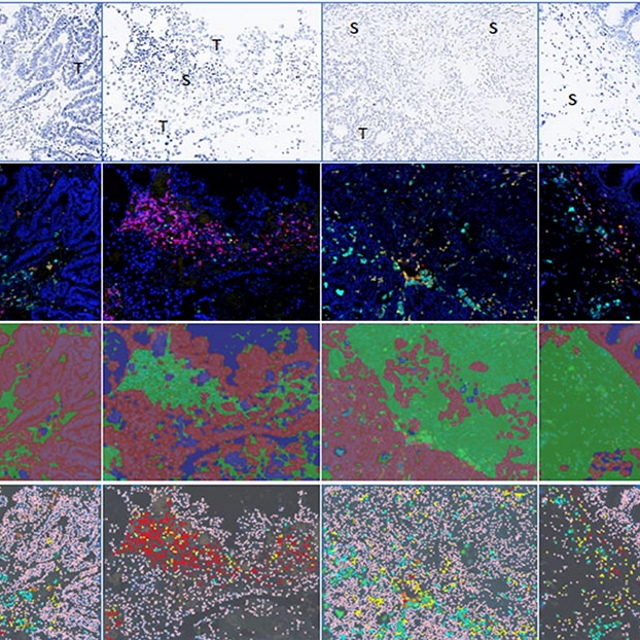
Dr Joseph Kwong
Joseph’s laboratory is studying tumour microenvironment in ovarian cancer and endometrial (uterine) cancer. We investigate tumour immunity in ovarian cancer, in which we are studying how overexpression of cytokine lymphotoxin affects the infiltration of T and B cells in ovarian tumour microenvironment.
Read more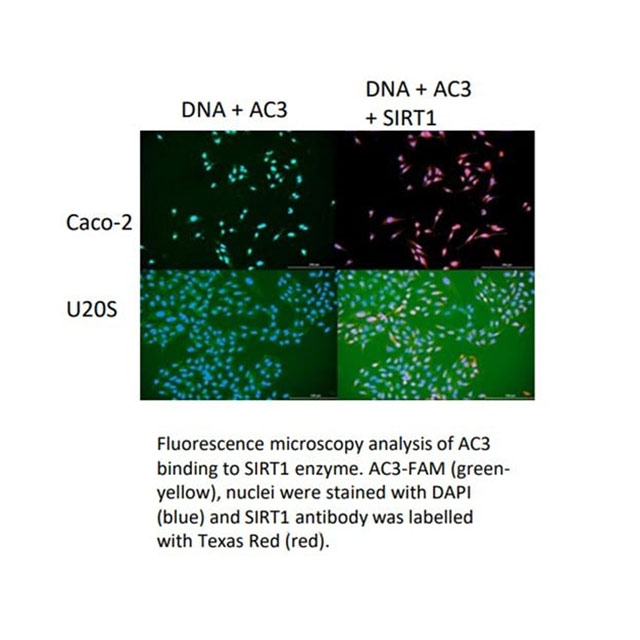
Dr Patricia Ragazzon
Patricia is interested in the synthesis of small molecules, primarily polyphenols as well as large molecules: aptamers. The latter are large molecules made of nucleic acids that find and bind their targets selectively and effectively.
Read more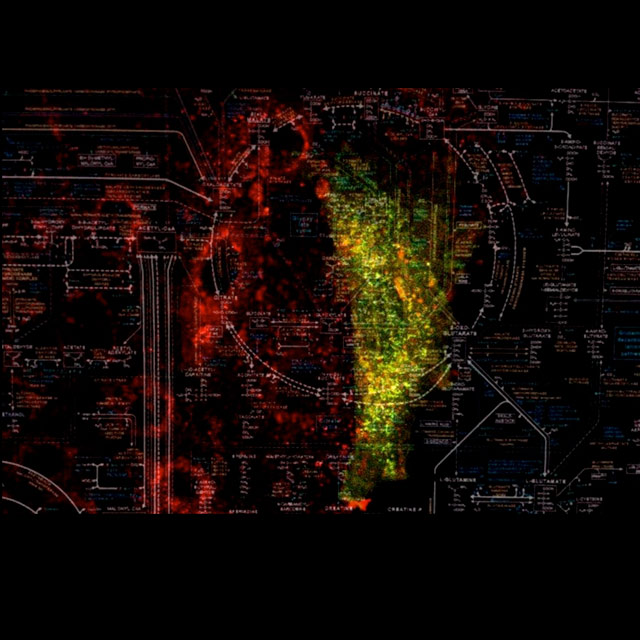
Dr Alan Richardson
Research in Alan’s group mostly focuses on identifying metabolic processes which can be targeted to treat cancer, in particular ovarian and breast cancer.
Read more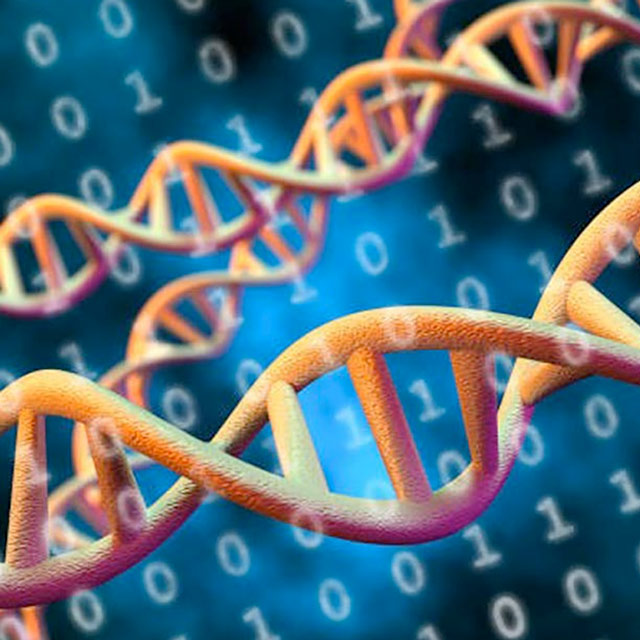
Dr Dan Tonge
Dan is collaborating as a bioinformatician in several projects. Firstly, the Characterisation of the lncRNA, MIAT1, in neuroblastoma and glioblastoma (Dr Maarabouni).
Read more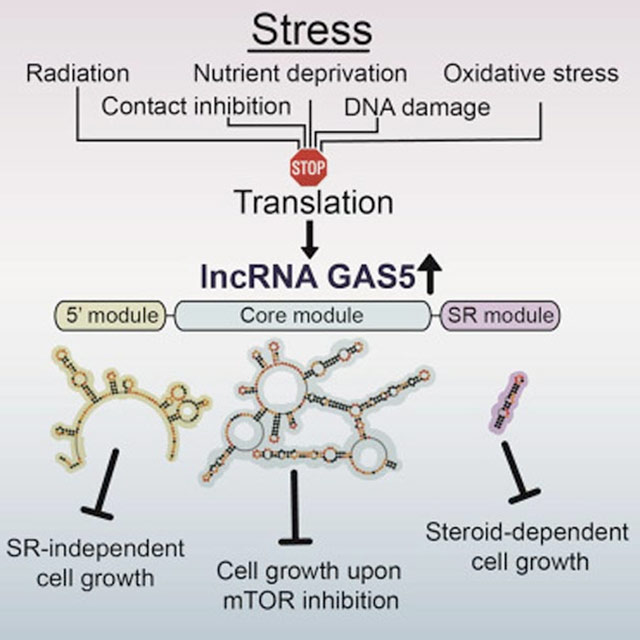
Dr Mirna Mourtada-Maarabouni
A question with fundamental relevance to cancer biology is what determines whether cells live or die. Mirna investes the molecular machinery involved in the cell fate decision.
Read more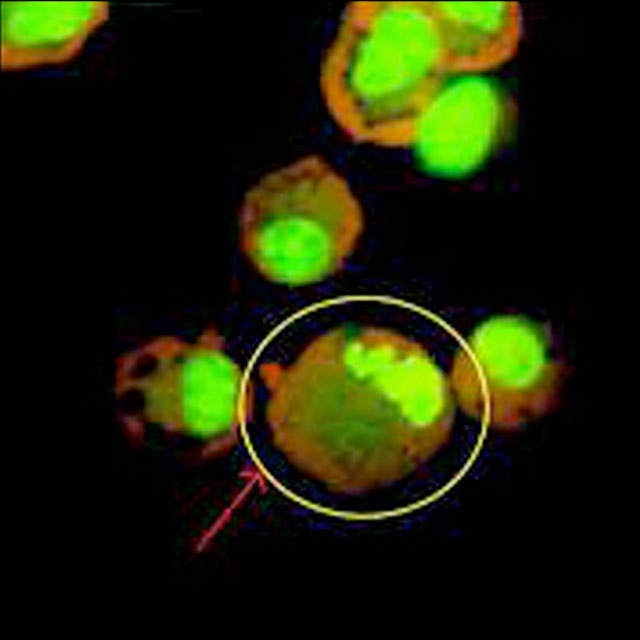
Professor Gwyn Williams
Gwyn’s past research centered on the cell and molecular biology of apoptosis in order to provide the basis for dissecting the events that lead to inappropriate cell survival in cancer and autoimmune disease.
Read more



